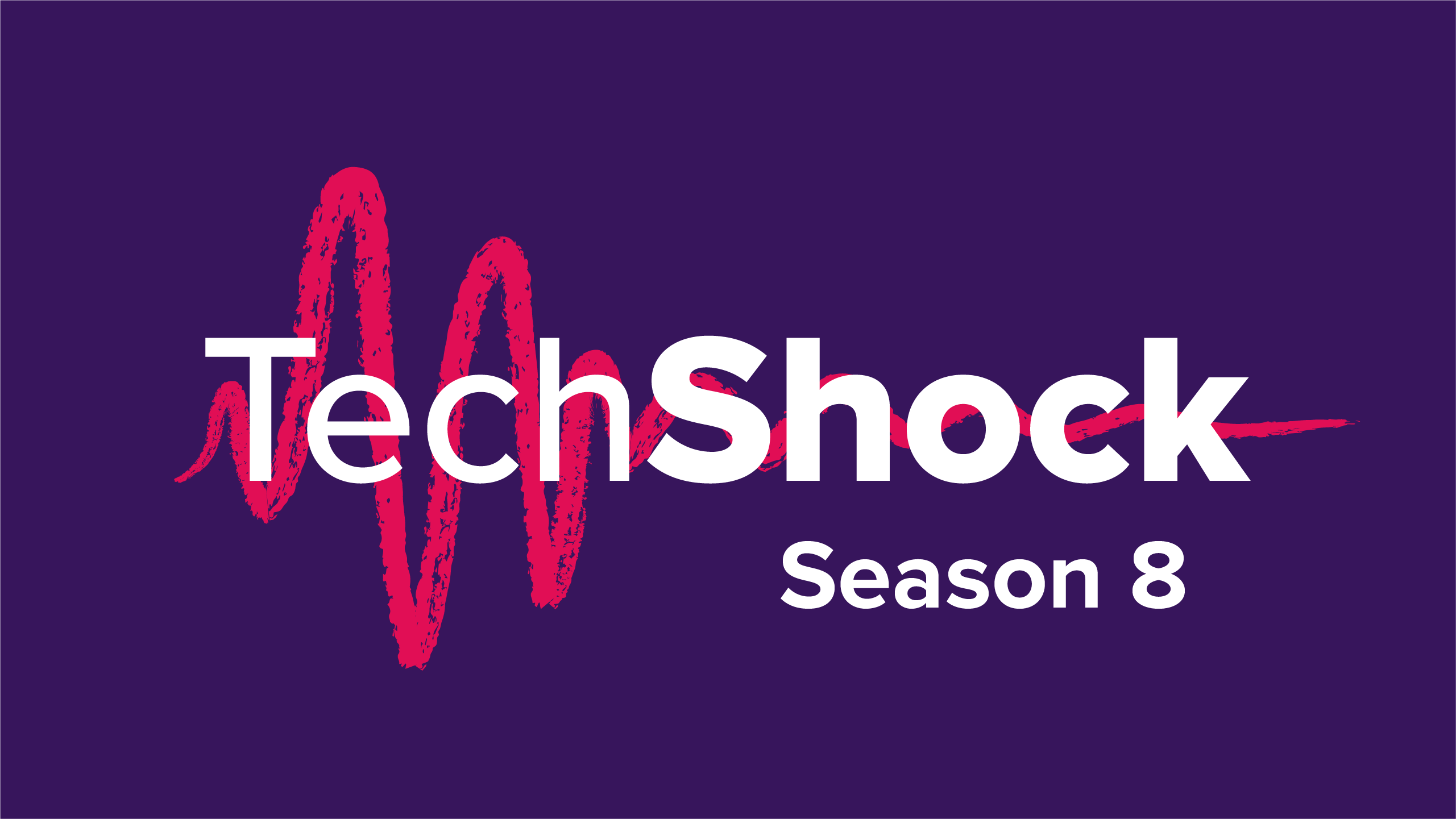The Children's Code: what you need to know
What is the Children’s Code?
The Children’s Code is another name for the age-appropriate design code, introduced by the Information Commissioner's Office (ICO) as a part of the 2018 Data Protection Act. The code contains 15 ‘standards’ that all online services – including apps, games, connected toys and devices, and news services – must follow in order to protect children’s data online.
The code applies to any online service that is likely to be accessed by someone under the age of 18 – even if they are not the target audience.
From September 2021, all companies must conform with the code.
What does it involve?
The code stops online services from using data in ways that might have a negative impact on children.
It requires that online services make the best interests of children a primary consideration when designing their products.
The 15 standards include preventing ‘nudge’ techniques – function designs that encourage children to provide unnecessary data or relax their privacy settings.
Geolocation and profiling must now be set to ‘off’ by default, and privacy set to ‘high’ by default. This means that children’s personal data is only visible or accessible to other users of the service if the child amends their settings to allow this. All online services must also indicate to the child if their parent has set up parental controls on the site or app and is actively monitoring them.
All information regarding privacy and data must be made available in clear language that children can understand. The code also requires services to only collect data that is strictly necessary for the running of the site.
How will it be implemented?
Companies can decide on the best way to meet the standards, so long as any restructuring considers the best interests of the child and offers appropriate safeguards for children’s personal data.
Some companies may simply block anyone under the age of 18 from accessing their site or require them to verify their age, while others may apply the standards of the code to all users not verified as adults.
Companies who do not conform to the code could be fined under GDPR legislation. Parents and children can complain to the service if they feel a platform, game or app is not meeting the 15 standards. If they are not happy with the response to the complaint, they can then seek help from the ICO.
Listen to Parent Zone's podcast, Tech Shock.
What else should I know?
The code is designed to provide better data privacy and protection for children, in a way that could benefit everyone who uses the internet.
Many aspects will put parents’ minds at ease – such as location settings being ‘off’ by default, and reducing the ability for children to be contacted by adults they don’t know. Giving children more information and control over their privacy may help them to develop their digital resilience.
However, some online services may start restricting access to sites or platforms where there is a minimum age for use (e.g. social media sites). This could result in younger children losing access to some sites or games that they enjoy using.
If some services decide to ask for age verification before allowing access, children and parents may be asked to provide ID to verify their age. This could result in additional data being collected from children, although the ICO has been clear that services need to comply with data protection obligations for the collection and retention of personal data, and only collect the minimum data needed to verify age. This data should not be re-used for other purposes.
Try not to see the code as a catch-all solution, but use it to supplement conversations around online safety and data protection. As always, encourage your child to come to you if they experience anything upsetting.
Read more about the Children's Code here.
Download a guide to the Children's Code for parents.
Download a guide to the Children's Code for professionals who work with families.
Latest Articles

The Tech Shock podcast – the 'wicked problem' of child financial harms
This week Vicki is joined by PUBLIC's Maya Daver-Massion and Zixuan Fu to unpack child financial harms.

The Tech Shock podcast – has media literacy’s time finally come?
Vicki and Geraldine are joined by Professor at Bournemouth University, Julian McDougall, to discuss all things media literacy.

The Tech Shock podcast – the emerging gender divide
Rosie Campbell, professor of politics and director of the Global Institute of Women's Leadership at King's College London, joins Vicki to discuss gender and online life.
